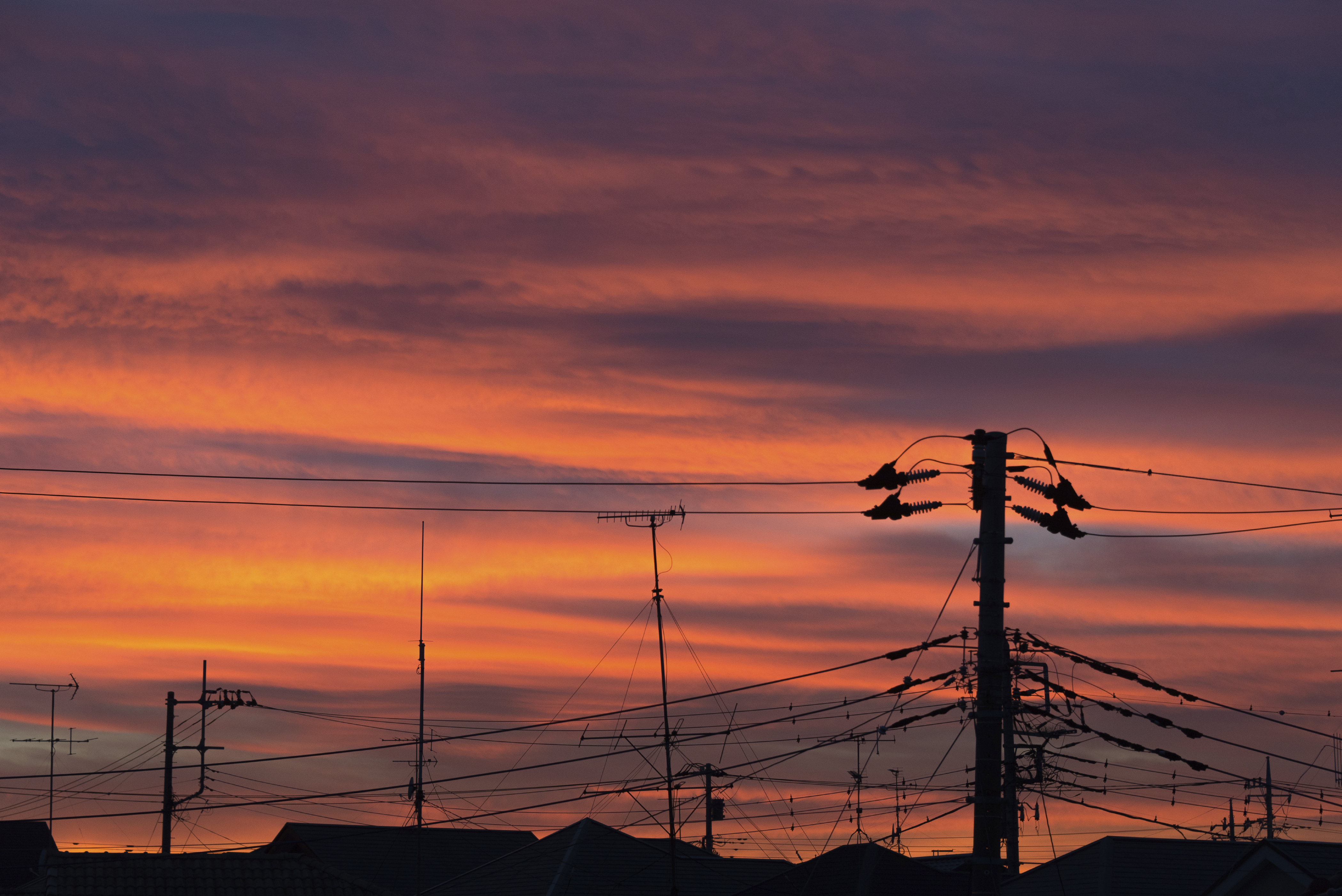The country's household and small business electricity market will be deregulated from April 1, allowing individuals to choose their electricity provider. Optimists, especially renewable energy advocates and small entrepreneurs, hope the development will break the stranglehold that the country's 10 regional utilities have on a market worth an estimated ¥8 trillion.
However, while around 200 firms are currently prepared to sell electricity generated by a wide range of sources under a broad range of plans, utilities still control the distribution grid. That, combined with intense price competition and restrictions on how sellers advertise, means consumers hoping to reduce their dependency on, or break free entirely of, nuclear and fossil-fueled electricity after April 1 are going to have to research different firms, costs and plans very carefully before signing a contract.
At the end of February, Kansai Electric Power Co. was feeling upbeat about the future of nuclear power. Five years after the March 11, 2011, earthquake, tsunami and meltdowns at the Fukushima No. 1 nuclear power plant, it had restarted its Takahama No. 3 reactor and was preparing to extend operations of its Takahama No. 1 and 2 reactors, now more than 40 years old, for another two decades.



